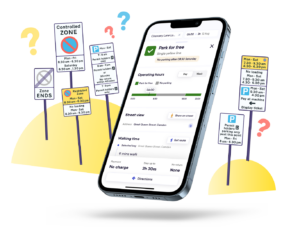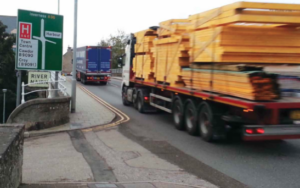Transport Scotland has launched a consultation over increasing parking fines in order to encourage compliance, with one option being a doubling of charges from the present £60.
It proposes new Penalty Charge Notice’s will increase to between £80 and £100 or to £100 and £120. People who pay within 14 days.
Transport Scotland says the consultation “seeks views on whether these levels remain an effective deterrent to support compliance with parking regimes”.
It adds that through the Transport (Scotland) Act, Scotland’s local authorities have new powers to tackle pavement parking, double-parking and parking at dropped kerbs – in order to improve accessibility and ease of movement for pedestrians across the country. The consultation seeks views on how to codify and set consistent penalty levels for these new contraventions.
“We’ve been working hard to encourage walking and wheeling and to make our streets more accessible for all. I’m proud that the Transport (Scotland) Act 2019 was approved by Parliament and empowers local authorities to tackle inconsiderate and obstructive parking. We now seek views on how to set penalty levels appropriately to ensure compliance.
“We are also seeking views on levels on parking charge notices for all forms of parking contraventions. I recognise parking fines are a contentious issue, however, parking policies are an essential part of traffic management that let local authorities keep our towns and cities moving,” said Minister for Transport Graeme Dey. “In areas without a parking regime, we see issues around access which impact both drivers and pedestrians – and particularly people with disabilities.
“It’s been many years since parking penalty levels have been considered, and so it is important to consider now whether these levels meet their ultimate objective – to achieve 100% compliance with parking controls and therefore no penalty charges for drivers. In doing so, we improve road safety, keep traffic moving and encourage active, sustainable and accessible walking and wheeling in our communities.”
The consultation is here.
























